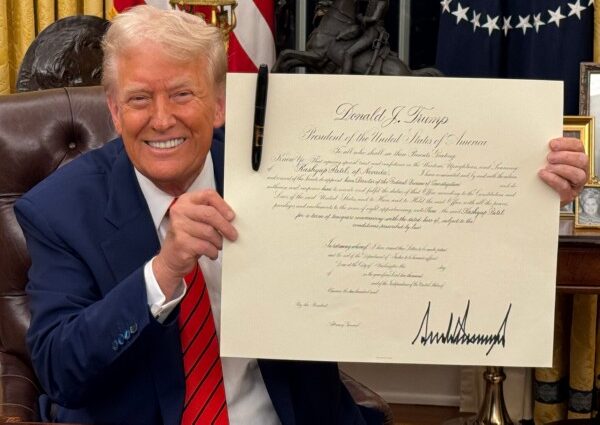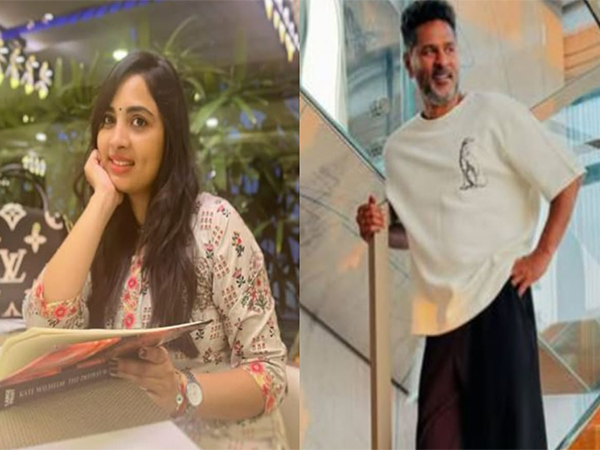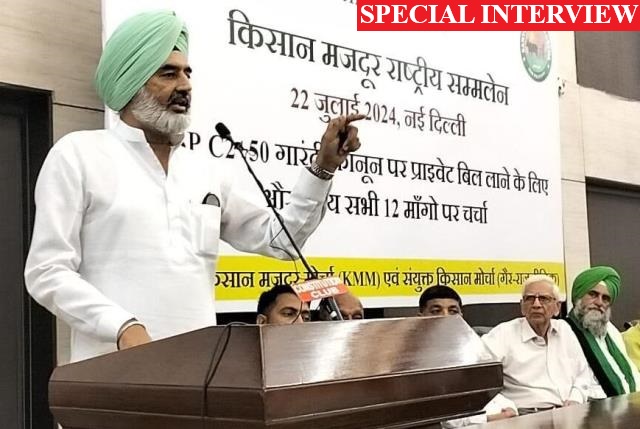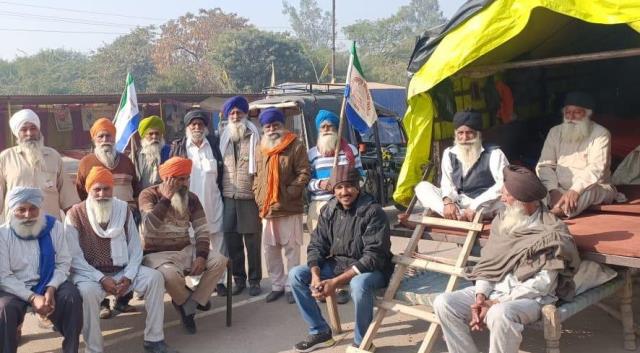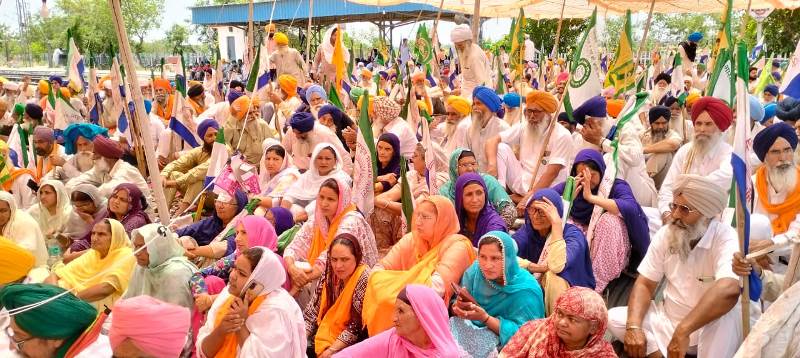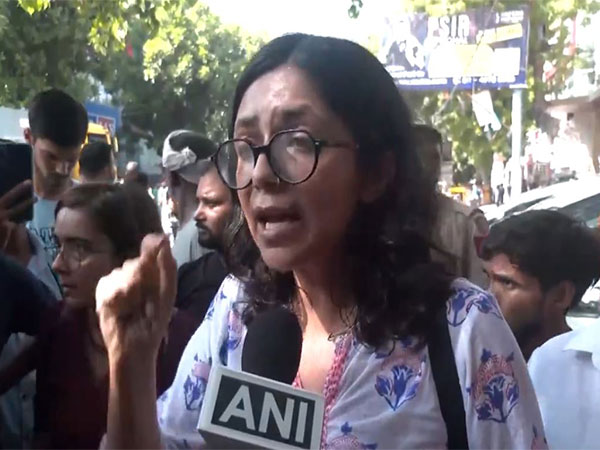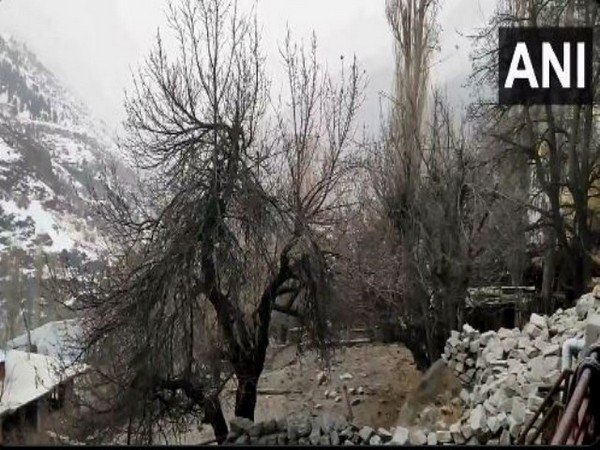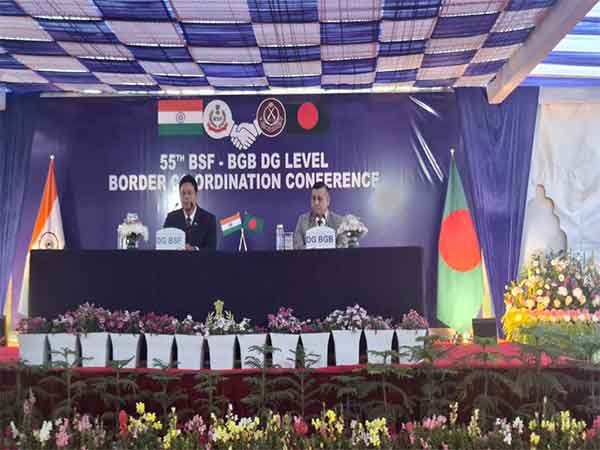BJP leader Rekha Gupta, who took oath as Delhi Chief Minister earlier on Thursday, chaired the first meeting of her cabinet hours later and announced two key decisions – to implement Ayushman Bharat scheme with Rs 5 lakh top-up and table the 14 pending CAG reports in the first sitting of Assembly.
Addressing a press conference, Rekha Gupta also announced portfolios of her council of ministers.
She said that the Delhi government will implement the Centre’s flagship scheme in the national capital. This was a pre-poll promise of the BJP, which had targeted the AAP government for not implementing the scheme.
She also announced the tabling of CAG reports, which had not been tabled by the AAP government.
“In the first Cabinet meeting, we discussed and passed two agendas – to implement in Delhi the Ayushman Bharat scheme with Rs 5 lakhs top up and tabling of 14 CAG reports in the first seating of the Assembly. We will fulfil all the commitments that we have made to the people.” Rekha Gupta said.
She said the Delhi government will pay for the top-up and will sign a MoU with the Centre.
Asked about AAP leader and former Chief Minister Atishi pointing out that BJP had promised to pass the scheme to provide Rs 2,500 to women every month in the first cabinet meeting, Rekha Gupta said the BJP government will set its agenda.
“It’s our government; the agenda will be ours. Let us work. She doesn’t need to tell us everything; she has done what she has to while in power,” she said.
Atishi on Thursday expressed hope that the first cabinet meeting of the new BJP government in Delhi, which Chief Minister Rekha Gupta will chair on Thursday, will take the decision to give Rs 2500 per month to women of Delhi as promised by the party before the assembly polls.
She said BJP leaders had promised that the first instalment would be released on March 8, which is International Women’s Day.
“During the Delhi assembly elections, PM Modi and BJP leaders had promised that as soon as the government is formed, the scheme to give Rs 2500 per month to every woman will be passed in the first cabinet meeting, and the first instalment will be given by March 8. Today at 7 pm there is the first cabinet meeting of the new government. Every woman in Delhi is waiting that BJP fulfills its promise,” Atishi said in a post on X.
“Being a woman Chief Minister, it is expected from Rekha Guptaji that she will definitely fulfill the promise made to the women of Delhi,” she added.
The BJP had said in its manifesto for Delhi polls that it will implement the Ayushman Bharat scheme, ensuring affordable and quality healthcare for every citizen.
“In our first cabinet meeting, we will implement the central government’s Ayushman Bharat Yojana, to provide free treatment up to Rs 5 lakh and the state government will provide Rs 5 lakh additional cover for all the poor families,” it said.
Rekha Gupta, her ministerial colleagues and BJP leaders attended the evening aarti on the banks of the Yamuna here. Delhi BJP chief Virendraa Sachdeva was also present at the religious event at the Vasudev Ghat.
“Today, during the aarti of Maa Yamuna, we recalled our resolution to clean the river. We will use the needed resources, and it will be our priority,” Rekha Gupta said.
Sachdeva said the party has made a promise regarding Yamuna. “Maa Yamuna has blessed us. BJP’s Delhi government will work to ensure that Yamuna is clean,” he said.
Pollution in the Yamuna was a key issue during the Delhi Assembly elections, with political parties targeting each other over pollution, encroachments, and flood management.
BJP attacked AAP and accused it of failing to deliver on promises of cleaning the Yamuna. Apart from this, the BJP has mentioned cleaning Yamuna as one of the top priorities in its manifesto.
Gupta, a first-time MLA from Shalimar Bagh constituency, took the oath as the ninth chief minister of Delhi this afternoon in a ceremony.
The 50-year-old was chosen as the new Delhi Chief Minister at the BJP Legislature Party meeting that was held at its national headquarters on Wednesday. BJP won with a historic mandate of 48 seats in 70-member Delhi assembly.
Rekha Gupta was sworn-in as Delhi Chief Minister in a grand ceremony at Ramlila Maidan. Lieutenant Governor Vinai Kumar Saxena administered the oath of office to Rekha Gupta and her council of ministers.
Six other ministers – Parvesh Verma, Ashish Sood, Manjinder Singh Sirsa, Ravinder Indraj Singh, Kapil Mishra, and Pankaj Kumar Singh, also took oath of office.
Bharatiya Janata Party’s top leadership, including Prime Minister Narendra Modi, Union Home Minister Amit Shah, Health Minister and BJP chief JP Nadda, and Defence Minister Rajnath Singh were present on the occasion.
Union Minister Dharmendra Pradhan, Rajasthan Chief Minister Bhajan Lal Sharma, Maharashtra CM Devendra Fadnavis, Goa CM Pramod Sawant, Andhra Pradesh CM Chandrababu Naidu, Bihar Deputy CM Vijay Kumar Sinha and Rajasthan Deputy CM Prem Chand Bairwa were among those present.
After taking the oath as Chief Minister of Delhi, BJP leader Rekha Gupta formally assumed charge of her office in the Secretariat here on Thursday.
She is the second woman Chief Minister belonging to the BJP in Delhi and the fourth woman Chief Minister in the national capital.
The portfolios of ministers were announced in the evening.
Rekha Gupta has General Administration, Services, Finance, Revenue, Women and Child Development, Land and Building, Information and Public Relations, Vigilance, Administrative Reforms, Planning, and any other departments not allocated to any other minister.
Pravesh Verma has portfolios of Public Works Department (PWD), Legislative Affairs, Irrigation and Flood Control Department (I&FC), Water, and Gurdwara elections.
Ashish Sood has been allocated to Home, Power, Urban Development, Education, Higher Education, Training and Technical Education departments.
Manjinder Singh Sira will be responsible for the Food and Supplies, Forest and Environment, and Industries departments.
Ravinder Singh (Indraj) has been allocated the Social Welfare, SC and ST Welfare, Cooperative, and Elections departments.
Kapil Mishra has been assigned Law and Justice, Labour, Employment, Art and Culture, Language, and Tourism.
Dr Pankaj Kumar Singh has been given the responsibility of Health and Family welfare, Transport and Information Technology department. (ANI)

